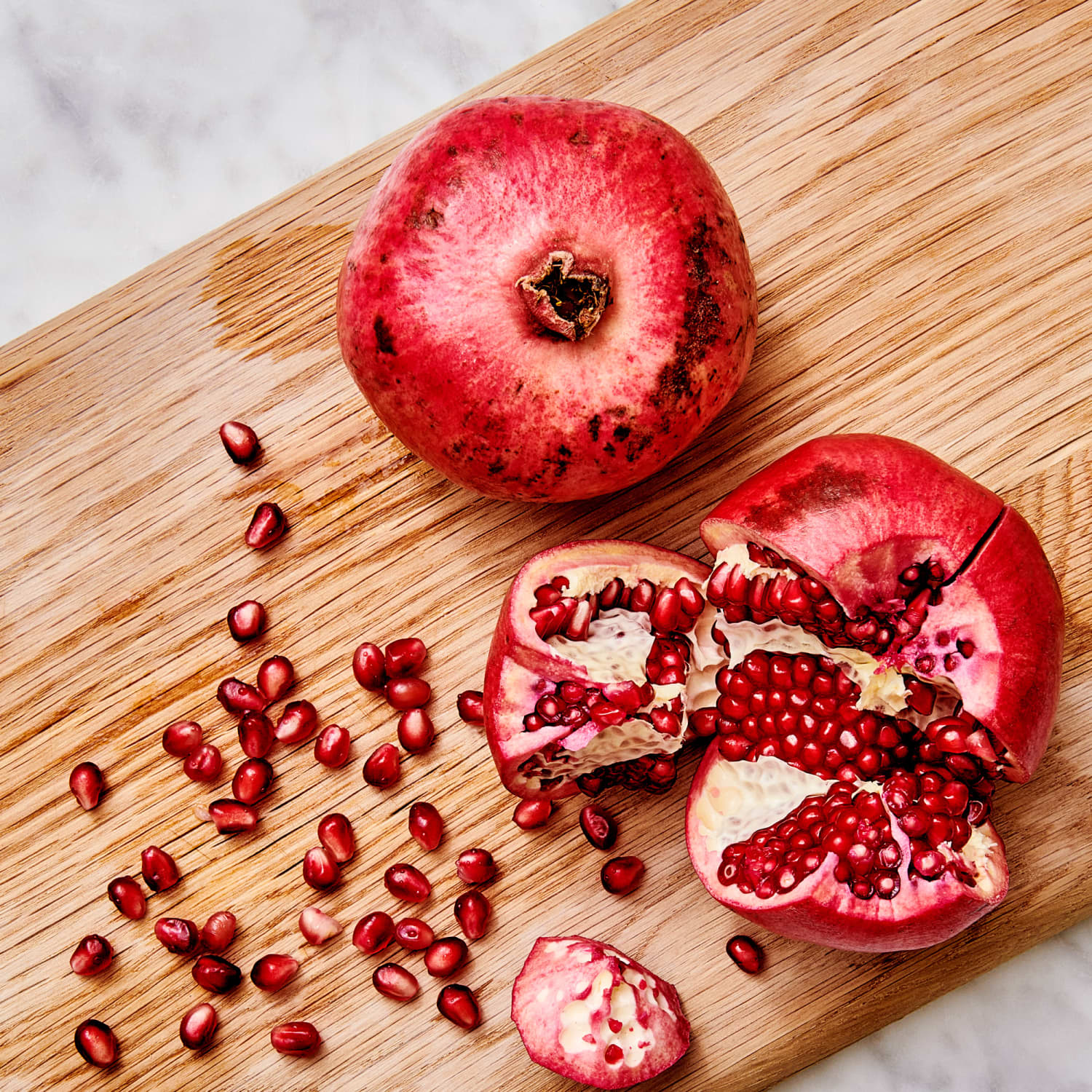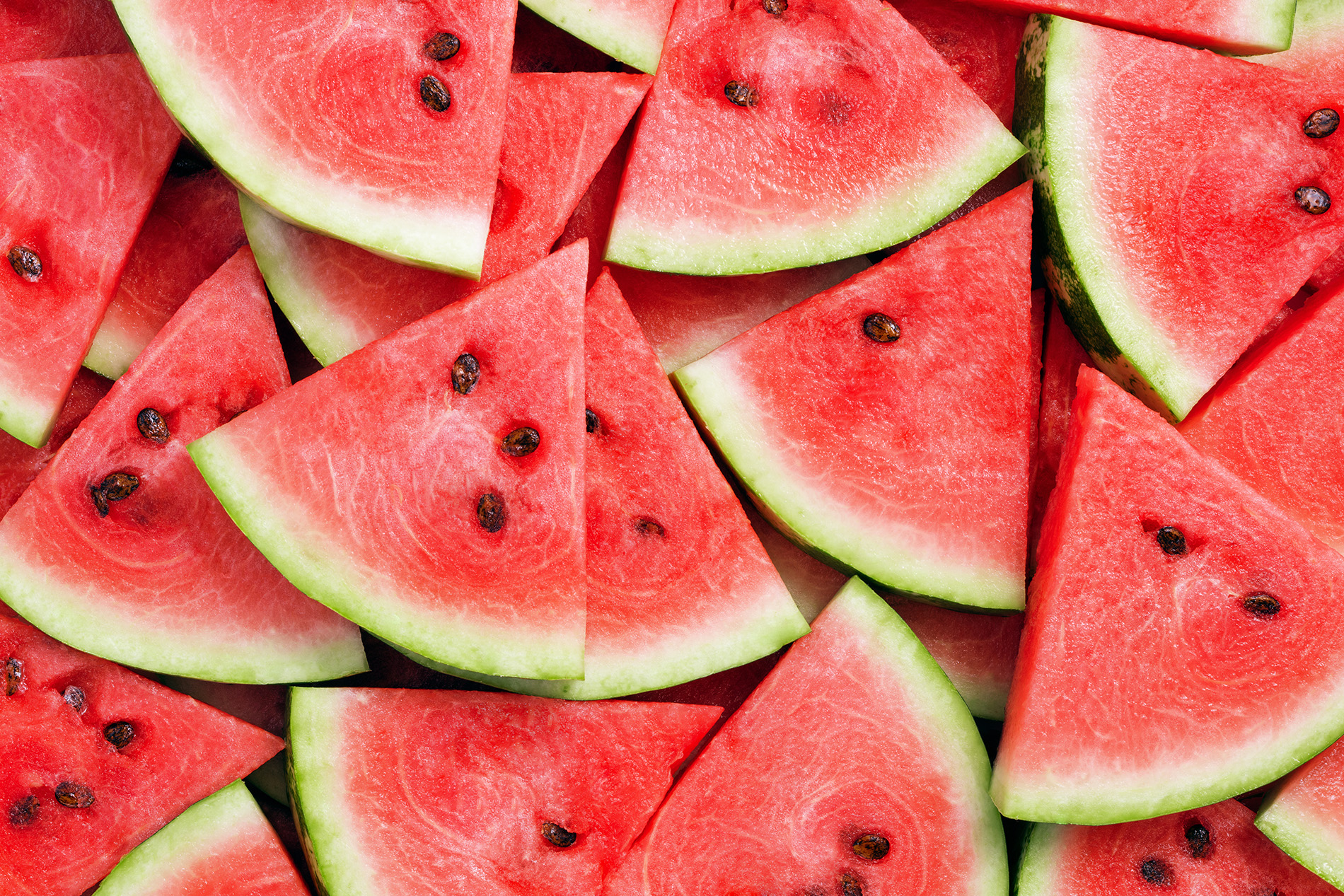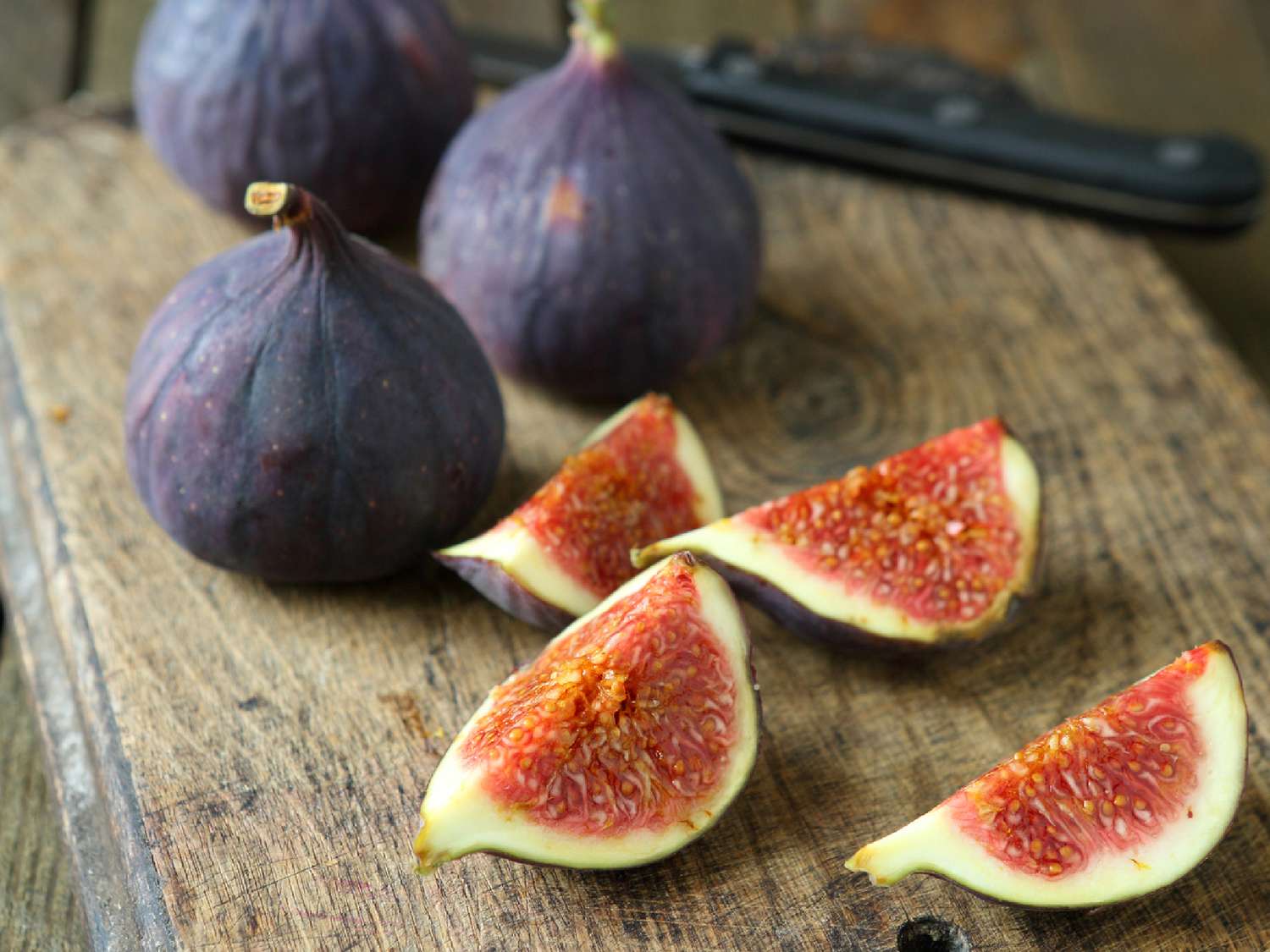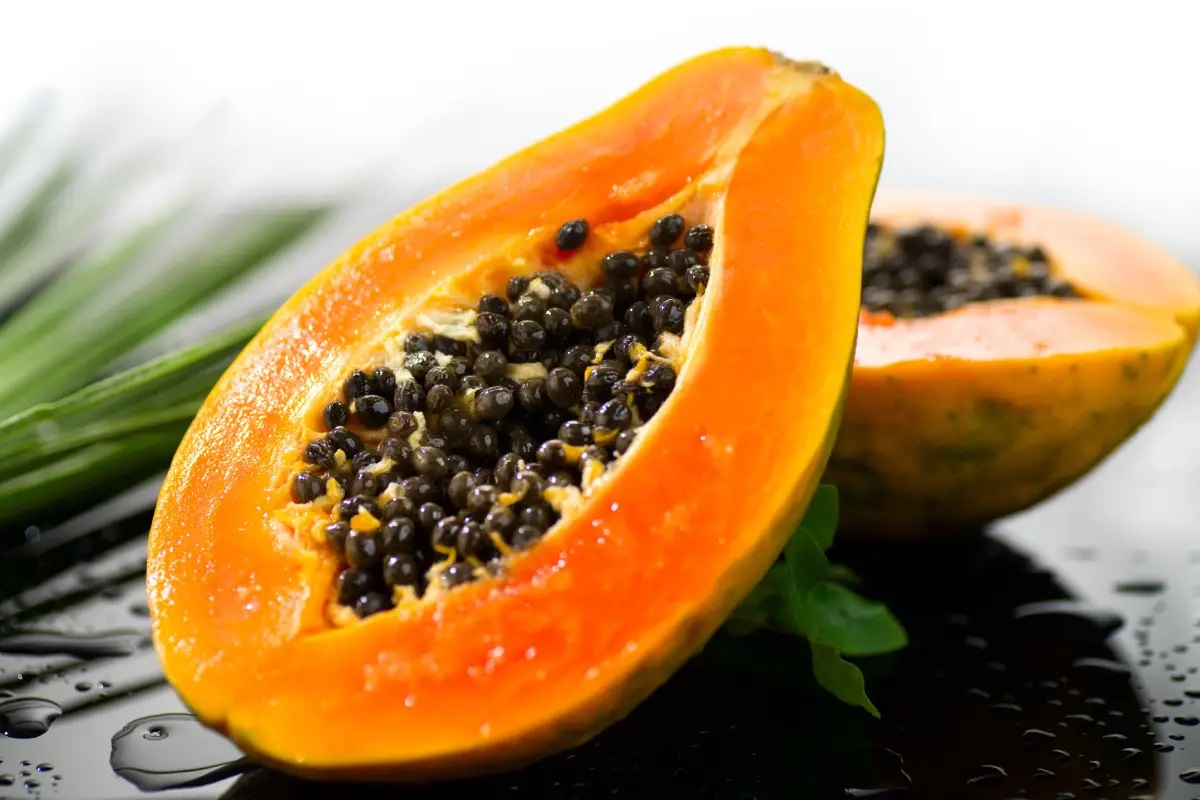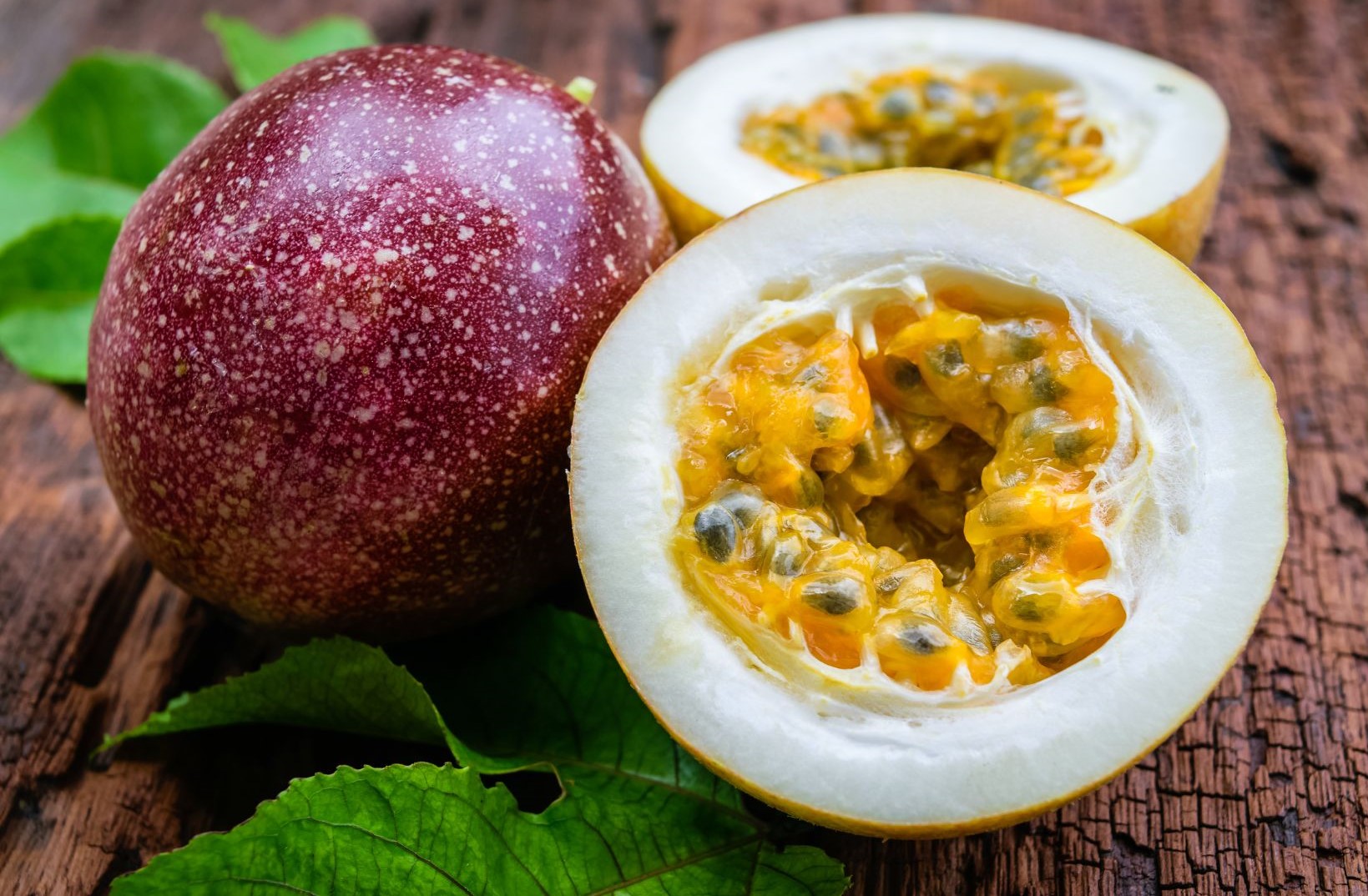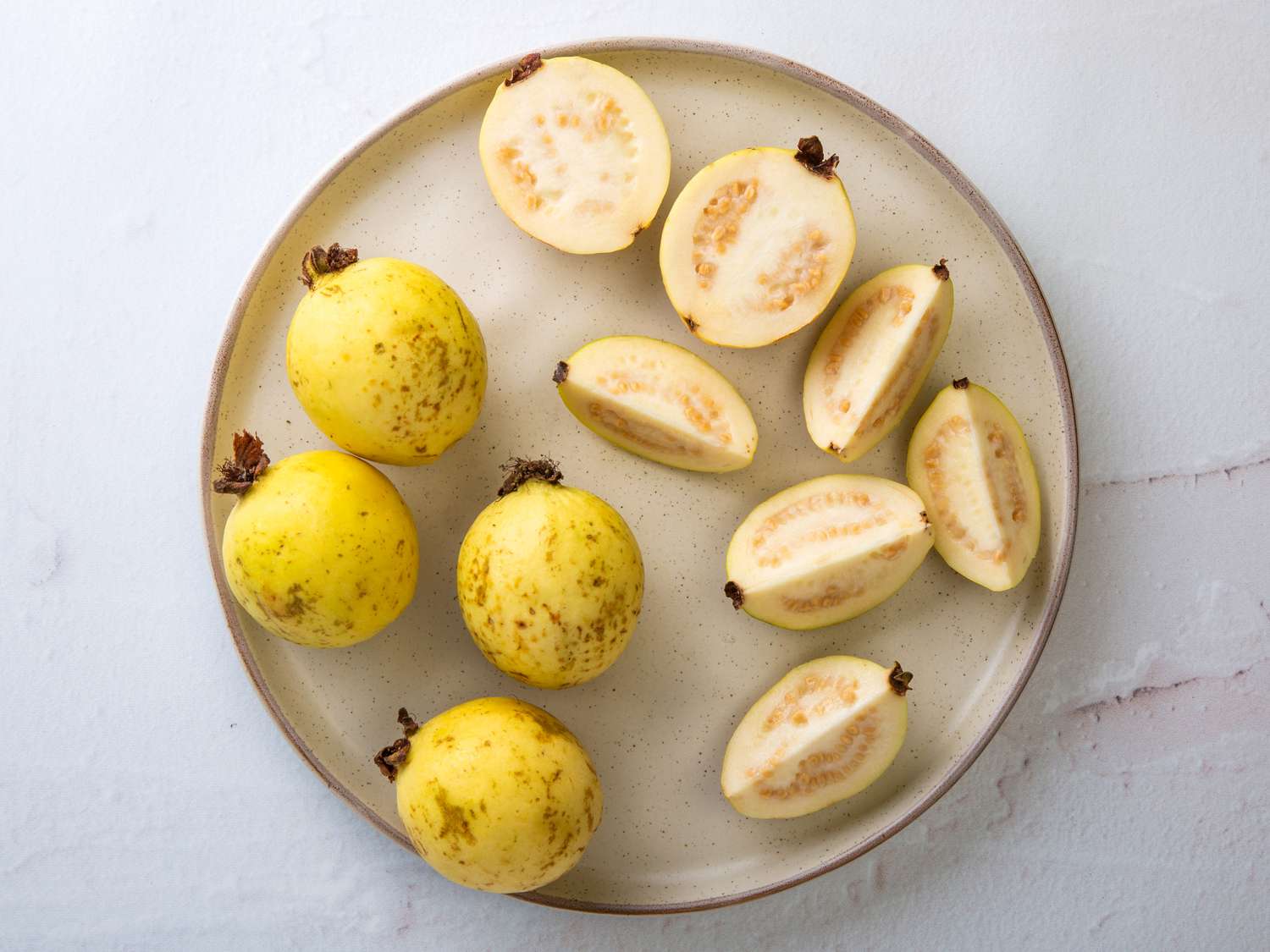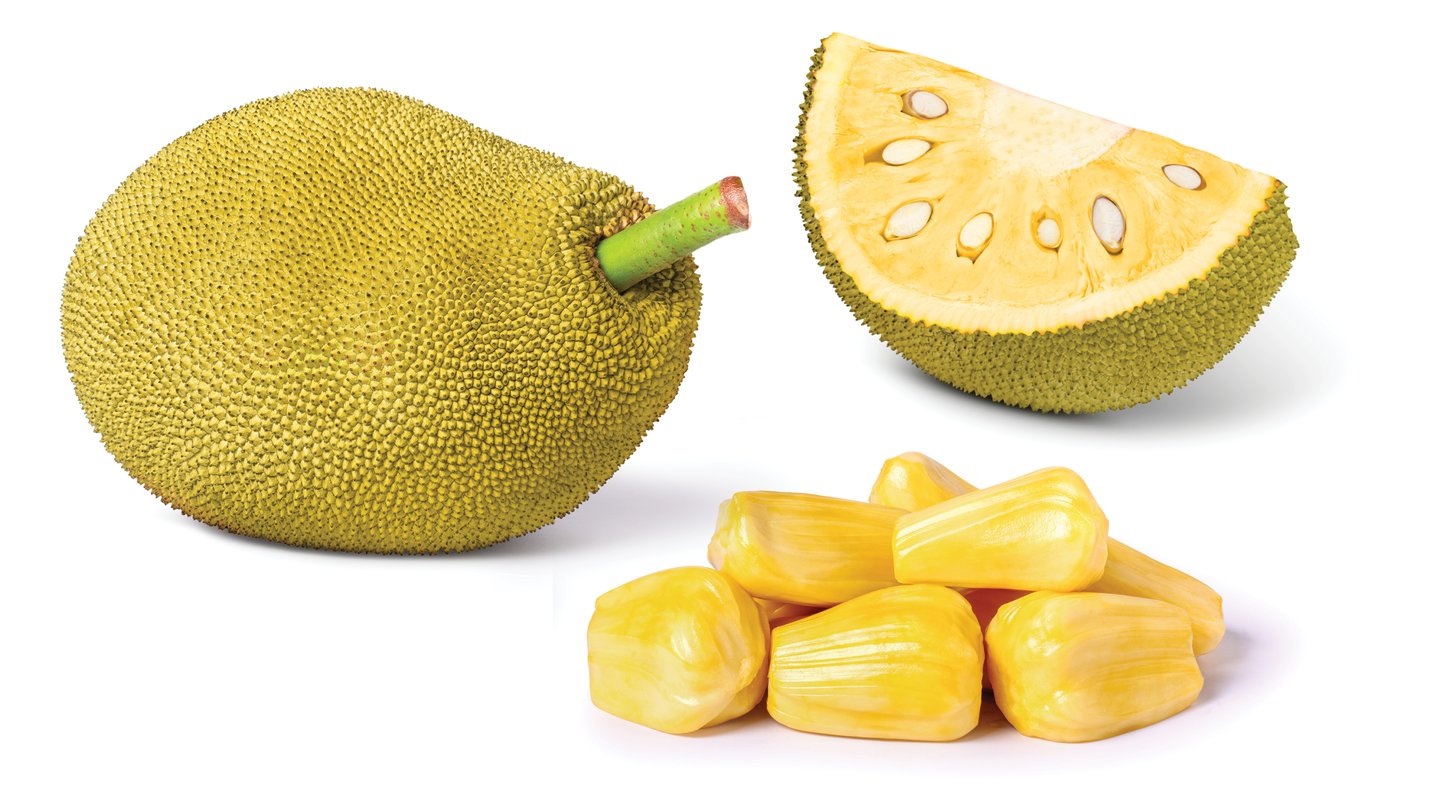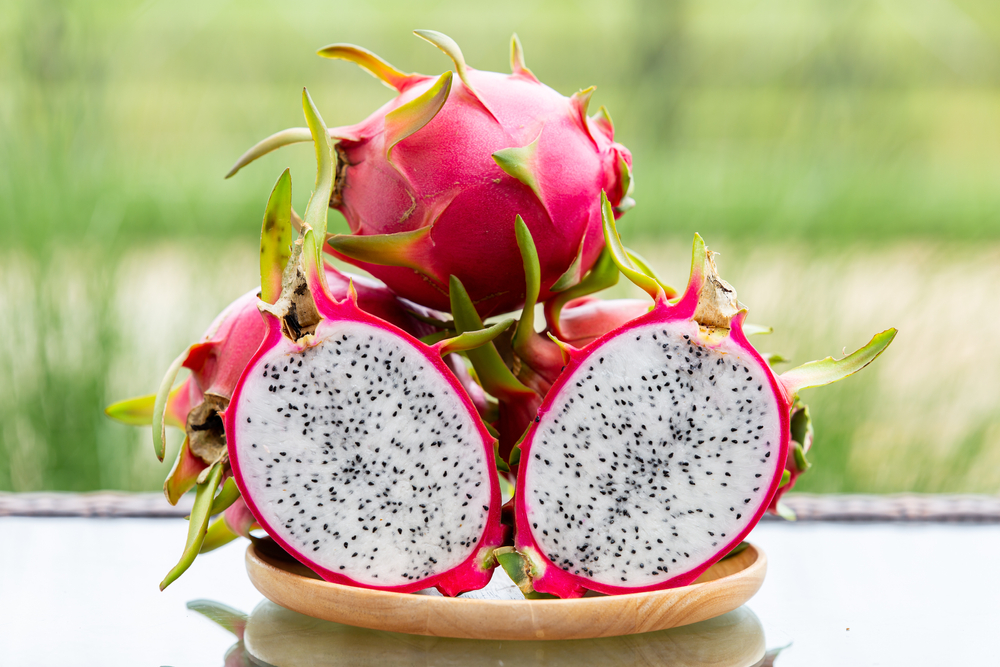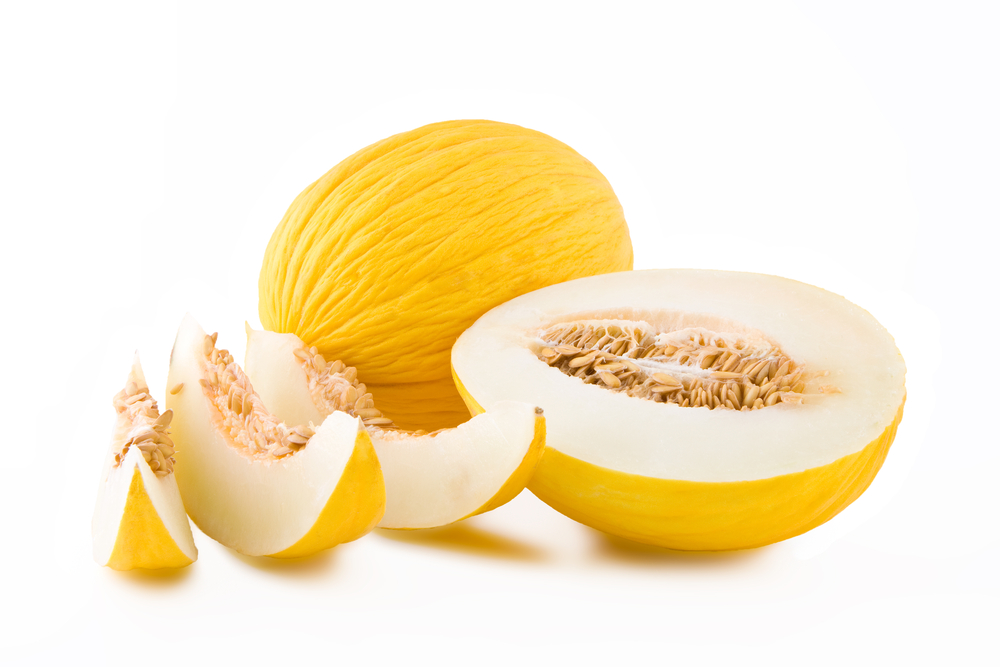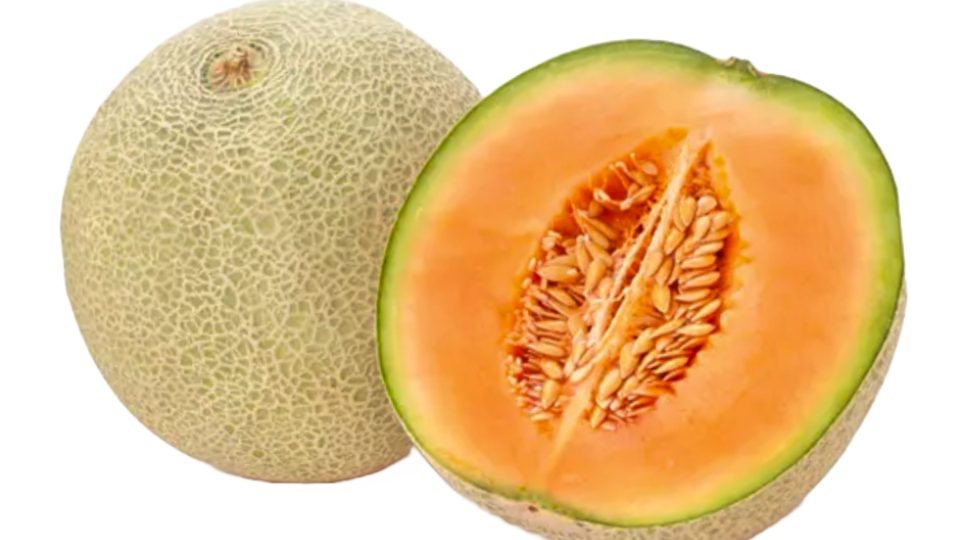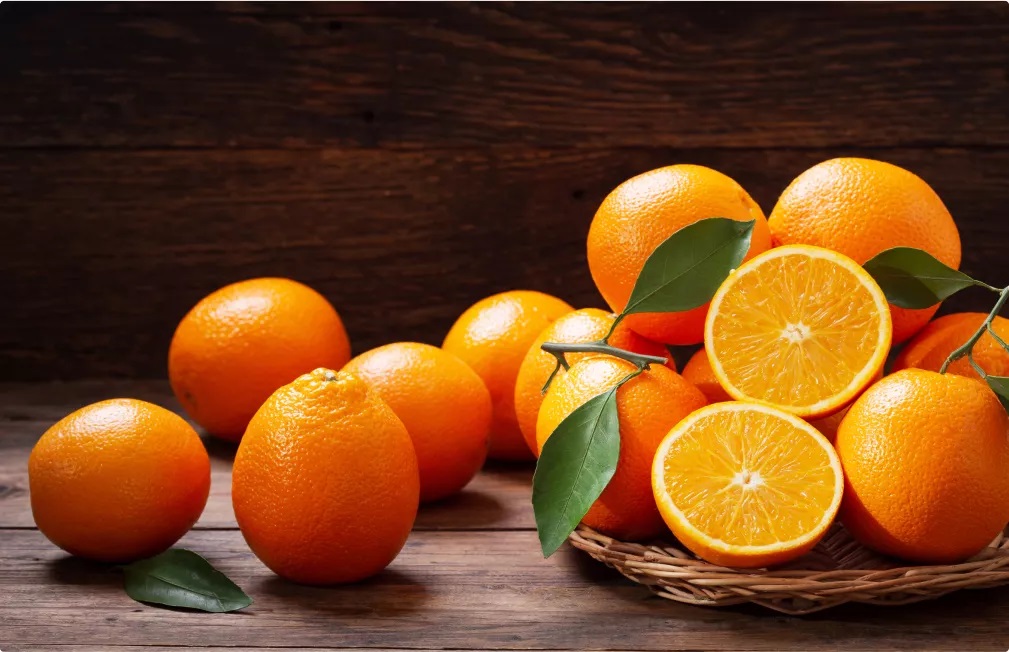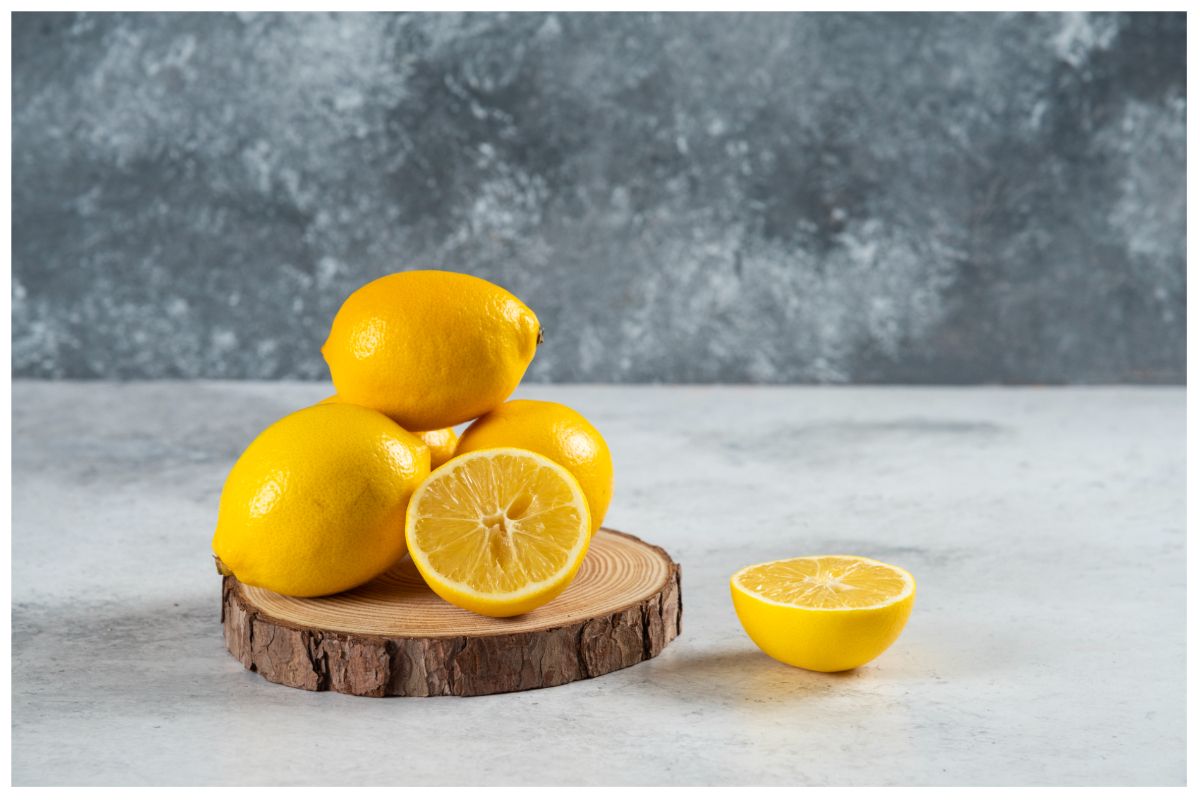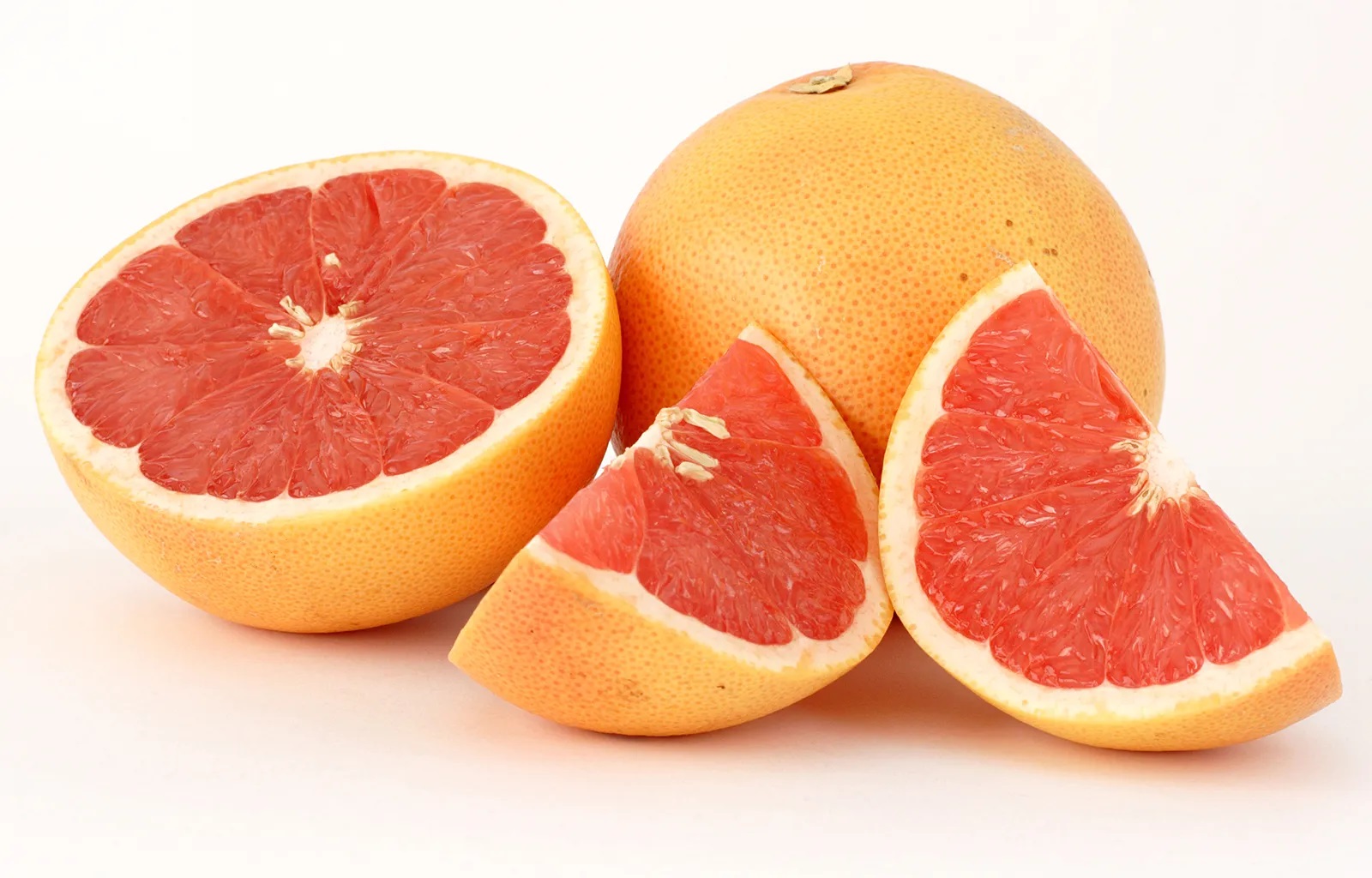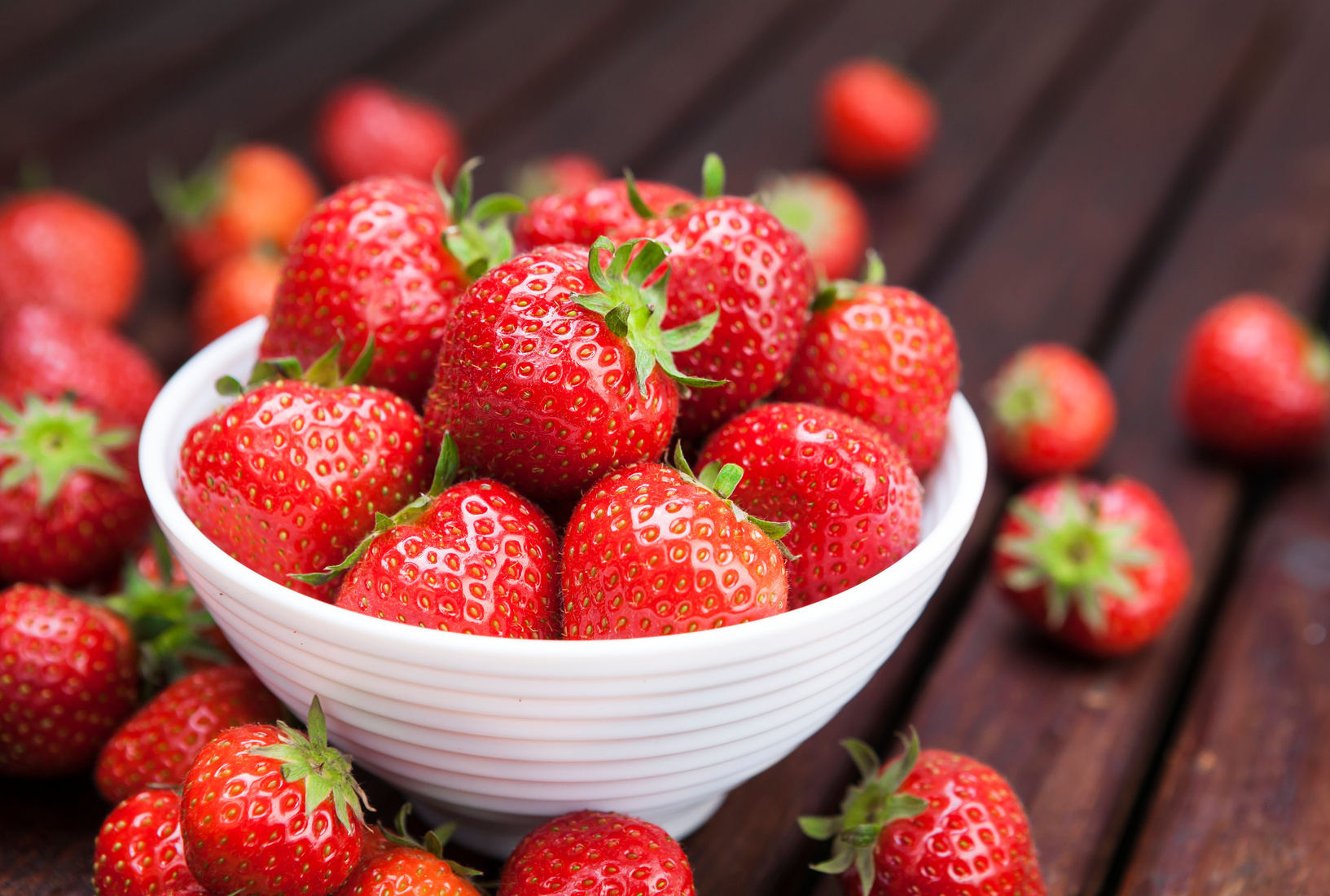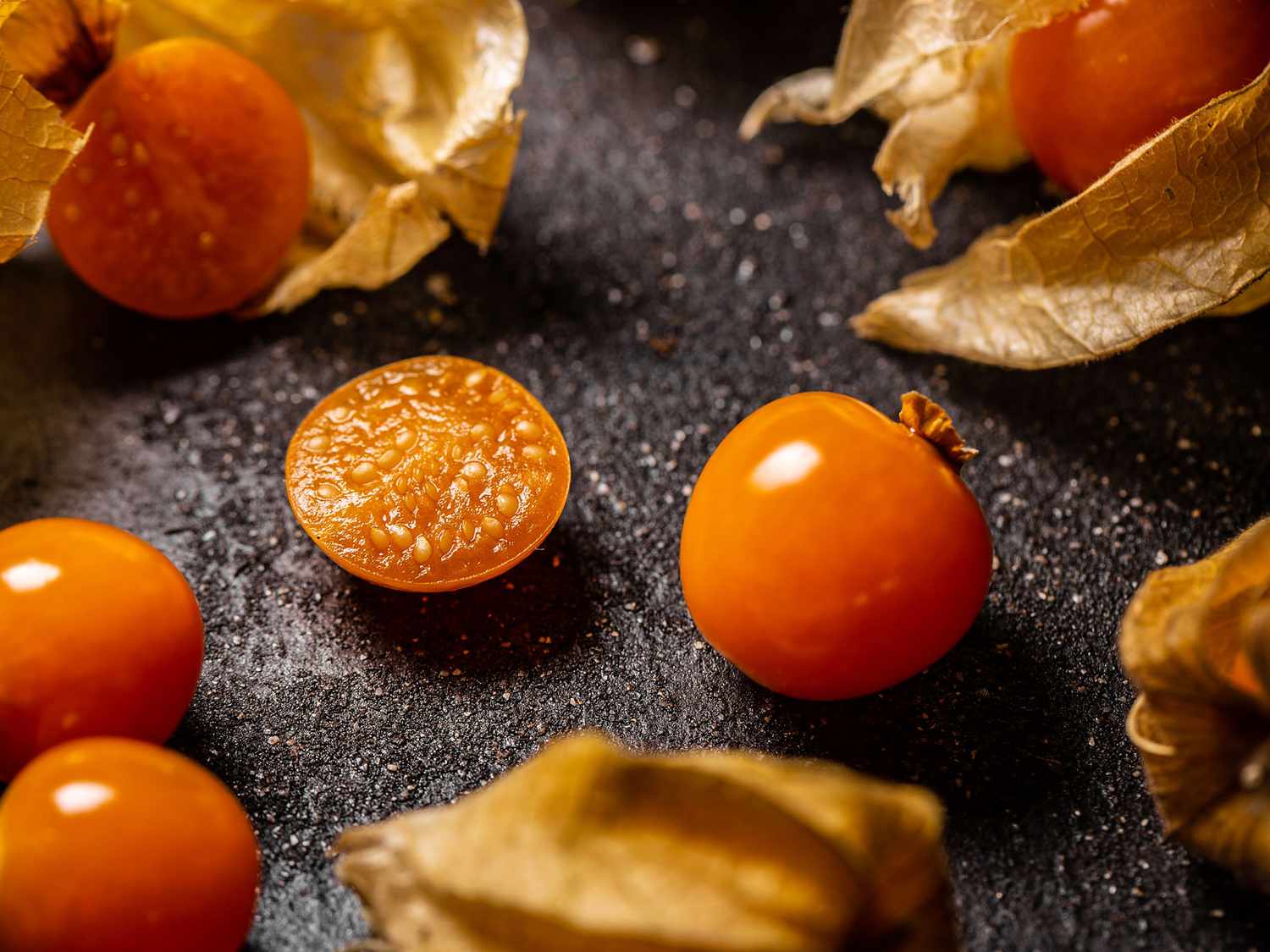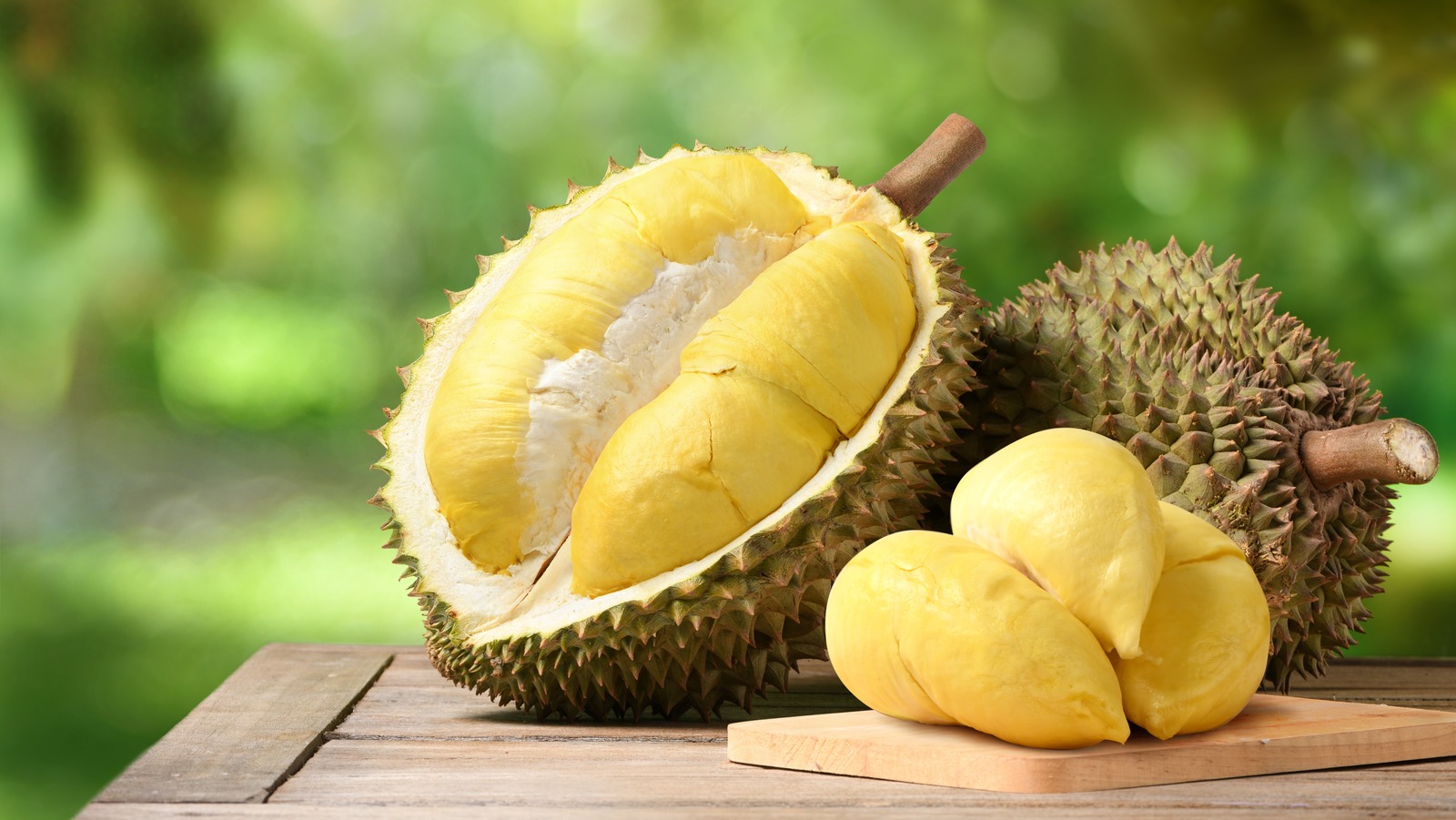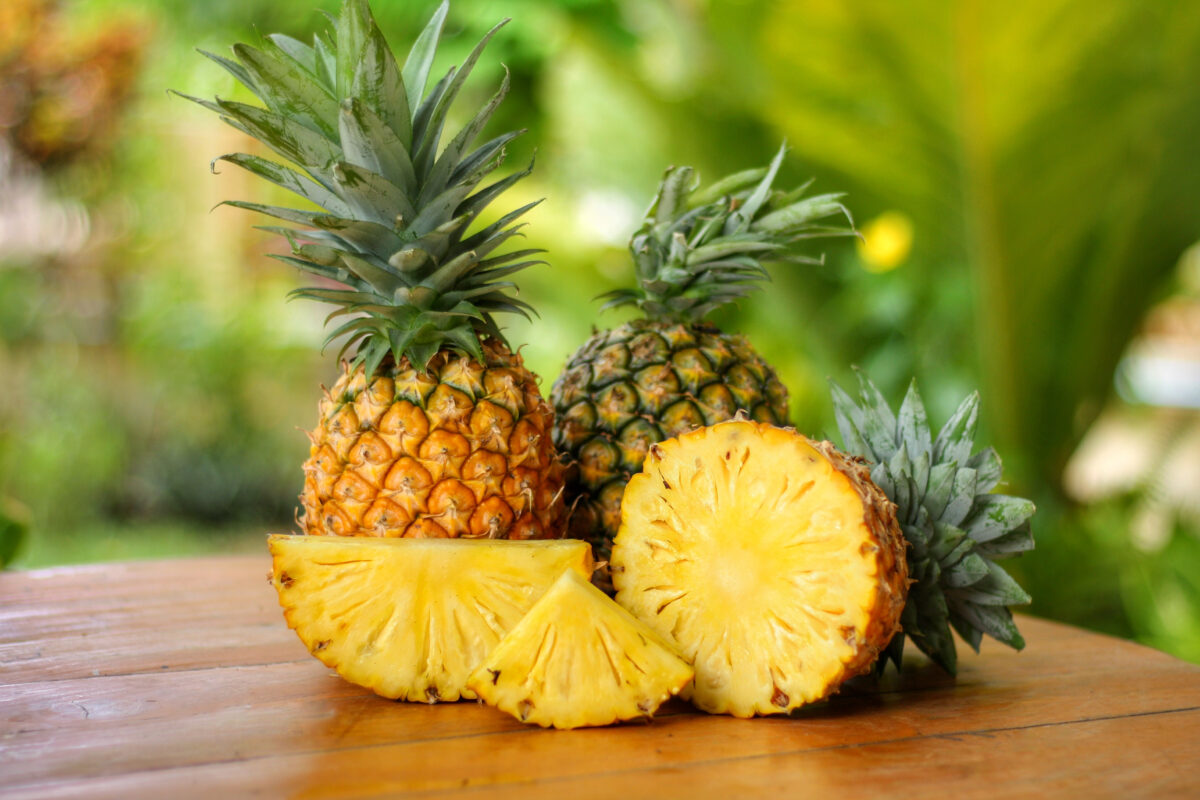What Fruit Has The Most Seeds? [Top 20 Fruits & Health Benefits]
Some fruits have a single seed, while others hold hundreds. But which fruit has the most seeds? Let’s explore nature’s fascinating diversity.
![What Fruit Has The Most Seeds? [Top 20 Fruits & Health Benefits]](https://www.dailyhawker.com/wp-content/uploads/2025/03/a1f4f122cbe14768/what-fruit-has-the-most-seeds.png)
Dec 22, 2024
Nature’s diversity is remarkable, and fruits with seeds are an essential part of this bounty. Did you know that a single strawberry has around 200 seeds, or that a watermelon’s seeds can be roasted and eaten as a snack packed with nutrients?
Seeds carry the blueprint for plant reproduction and provide nutrition, flavor, and value to our diets. Some fruits hold a few seeds, while others pack hundreds, making them fascinating and beneficial in equal measure.
Fruits with seeds hold fascinating stories and incredible nutritional benefits. From their importance in biodiversity to their culinary versatility, these fruits offer a wealth of value to our lives.
What Are Seeds And Why Are They Important In Fruits?
Seeds are the reproductive units of flowering plants, encased within fruits to ensure the next generation of growth. They play a vital role in biodiversity, offering genetic variety and sustenance to the ecosystem. Fruits act as protective vessels, dispersing seeds through natural processes like wind, water, or animals.
Seeds aren’t just critical for plant life but also for human consumption. Packed with essential nutrients like fiber, antioxidants, and omega-3 fatty acids, seeds contribute to heart health, digestion, and energy levels. Fruits with seeds also offer culinary versatility, from crunchy textures to flavor-enhancing oils.
How Many Seeds Can Fruits Have?
The number of seeds in a fruit varies widely depending on its type, pollination process, and cultivation methods. For instance:
- Seeded vs. Seedless Fruits: Fruits like watermelon or grapes can be bred to have no seeds for convenience, but traditional varieties often have hundreds.
- Fruit Types: Simple fruits like cherries have one seed, while aggregate fruits like strawberries carry seeds on their surface.
- Pollination Success: A fruit’s seed count can depend on how effectively it’s pollinated.
Seedless varieties are created through methods like parthenocarpy (fruit formation without fertilization) or hybridization. Examples of seedless fruits include bananas and seedless grapes, which are popular for their convenience.
While seedless fruits are convenient, they often lack the nutritional benefits of their seed-bearing counterparts.
Top Fruits With The Most Seeds
Fruits come in all shapes and sizes, and so does their seed count. Some are packed with hundreds of seeds that contribute not only to their reproductive processes but also to their nutritional value. Let’s explore some of the most notable seed-rich fruits.
1. Pomegranate
Known for its jewel-like arils, a single pomegranate can hold between 200 and 600 seeds. These seeds are rich in antioxidants, fiber, and vitamin C, making them a powerhouse of nutrition. Beyond health benefits, pomegranate seeds add a burst of flavor to salads, juices, and desserts.
2. Watermelon
A summer staple, traditional watermelons contain hundreds of seeds scattered throughout their juicy flesh. These seeds are packed with magnesium, zinc, and omega-3 fatty acids. Consuming them can support glowing skin, energy levels, and heart health.
Related: Is Watermelon Natural Or Man-Made?
3. Fig
Figs are unique fruits with hundreds of tiny seeds embedded in their soft flesh. These seeds contribute to the crunchiness and are high in fiber, potassium, and antioxidants. Figs are often used in desserts, jams, and as a snack.
Also Read: What Is The Oldest Known Fruit? Guide To Ancient Fruits
4. Papaya
Papayas are tropical fruits with a soft orange flesh and numerous black seeds. These seeds have a peppery flavor and are often dried and ground as a spice. They’re also rich in antioxidants, aiding digestion and reducing inflammation.
5. Passion Fruit
This exotic fruit contains aromatic pulp filled with up to 200 seeds. Each seed is surrounded by juicy pulp, offering a balance of sweetness and tanginess. Passion fruit seeds are rich in calcium, magnesium, and fiber, supporting bone health and digestion.
6. Kiwi
Kiwis are vibrant green fruits with hundreds of tiny black seeds clustered in the center. These seeds are edible and packed with vitamin C, antioxidants, and dietary fiber, boosting immunity and preventing constipation.
See Also: Is Kiwi A Hybrid Fruit? Let's Uncover The Enigma
7. Guava
Guavas are tropical fruits with a soft center densely packed with small edible seeds. These seeds contain antioxidants, iodine, and essential fatty acids, helping to lower cholesterol and improve heart health.
8. Jackfruit
Jackfruit is the world’s largest tree fruit, with hundreds of seeds hidden in its fibrous pods. These seeds are rich in thiamin, riboflavin, and minerals like potassium and zinc. In regions like South Asia, the seeds are often boiled or roasted and used in dishes such as curries or stir-fries, adding a nutty flavor and nutritional value to the meal.
9. Dragon Fruit
Dragon fruit, also known as pitaya, has vibrant flesh dotted with tiny black seeds. These seeds are rich in omega-3 and omega-6 fatty acids, promoting cardiovascular health and boosting metabolism.
10. Honeydew (Melon)
Honeydew is a sweet, refreshing melon with pale green flesh and seeds that are often discarded. However, these seeds are packed with nutrients such as healthy fats, protein, and minerals.
Consuming roasted honeydew seeds can provide a crunchy, wholesome snack that supports overall health and boosts energy.
11. Cantaloupe
Cantaloupe seeds, often overlooked, are nutritional gems. They are loaded with vitamins A, C, and E, as well as magnesium and potassium. Roasting the seeds enhances their flavor, turning them into a protein-rich, crunchy snack that supports immune health and skin vitality.
Incorporating cantaloupe seeds into your diet can also help regulate blood pressure and improve digestion.
12. Orange
Oranges, globally recognized for their vitamin C content, also have seeds with numerous benefits. Orange seeds are rich in dietary fiber, essential oils, and antioxidants.
The oils extracted from orange seeds are used in skincare products for their moisturizing and anti-inflammatory properties. These seeds can also be ground into a fine powder for use in natural remedies or added to smoothies.
Read Also: The Surprising Facts - Is Orange A Hybrid Fruit?
13. Lemon
Lemons are prized for their tart flavor and versatile culinary uses. Their seeds, while small, are packed with essential nutrients such as limonene, which has antioxidant and anti-inflammatory properties.
Lemon seeds are often crushed to extract oils used in therapeutic practices and natural cleaning solutions. Adding lemon seed oil to recipes or beauty routines offers both health and practical benefits.
14. Grapefruit
Grapefruits are tangy and refreshing citrus fruits with seeds that boast impressive health benefits. Grapefruit seeds contain bioflavonoids and antioxidants that help combat free radicals and support cardiovascular health.
Grapefruit seed extract is popular for its antibacterial and antifungal properties, often used in natural remedies to boost immunity and promote healthy digestion.
15. Strawberry
Strawberries are unique because their seeds are located on the outside. A single strawberry has around 200 seeds, rich in ellagitannins and amino acids that boost immunity and cardiovascular health.
16. Tomato
Technically a fruit, tomatoes are a staple in diets worldwide. Their edible seeds are not only packed with dietary fiber but also rich in vitamins A and C, which help maintain healthy skin and boost immunity.
Tomato seeds contain lycopene, a powerful antioxidant that supports cardiovascular health and reduces the risk of certain cancers. These seeds are seamlessly consumed in raw tomatoes, sauces, or juices, making them a versatile ingredient in countless dishes.
17. Cape Gooseberry
Cape gooseberries, also known as golden berries, are small, vibrant fruits encased in papery husks. Their numerous tiny seeds are rich in antioxidants like polyphenols and carotenoids, which protect against cellular damage.
These seeds also contain essential fatty acids, supporting improved digestion and enhanced vision. Cape gooseberries are often eaten fresh or used in jams, sauces, and desserts, offering a tart yet sweet flavor profile.
18. Durian
Known as the "king of fruits," durian is famous for its creamy flesh and distinct aroma. Its large seeds, often overlooked, are highly nutritious when cooked. These seeds are rich in healthy carbohydrates, proteins, and essential minerals like magnesium and potassium, which aid in metabolism and energy production.
In Southeast Asia, durian seeds are boiled or roasted and used in traditional recipes, adding a nutty flavor and unique texture to dishes.
19. Apple
Apples contain several small black seeds in their core. These seeds are high in fiber and antioxidants, supporting digestion and brain health.
They also have trace amounts of amygdalin, which can release small quantities of cyanide if consumed in excess, so moderation is key.
20. Pineapple
Pineapple is a spiky tropical fruit with small seeds that are often overlooked. The flesh and seeds are rich in bromelain, aiding digestion and reducing inflammation.
Pineapple seeds can also be used in gardening to grow new plants, making them a practical and eco-friendly resource.
Why Some Fruits Have More Seeds Than Others
The number of seeds a fruit contains depends on its evolutionary strategy to reproduce and survive. Fruits with more seeds, like pomegranates, rely on quantity to increase the odds of successful germination. Here are some factors:
- Pollination Efficiency: Fruits that rely on cross-pollination often produce more seeds.
- Dispersal Methods: Fruits dispersed by animals tend to have more seeds to maximize survival chances.
- Human Cultivation: Selective breeding has led to seedless varieties for consumer convenience.
Benefits Of Consuming Seeds
Seeds are nutritional powerhouses. Here’s why you should eat them:
- Rich in Nutrients: Seeds like those of watermelon and guava are high in fiber, antioxidants, and omega-3s.
- Heart Health: Pomegranate and jackfruit seeds improve cardiovascular health.
- Skin and Hair: Watermelon and durian seeds contribute to glowing skin and strong hair.
- Digestive Support: Guava and papaya seeds aid digestion and reduce inflammation.
Debunk myths like "seeds growing in the stomach" to encourage readers to enjoy seeds confidently.
How To Consume Fruit Seeds Safely
- Culinary Uses: Roast watermelon seeds, grind papaya seeds as a spice, or sprinkle pomegranate seeds on salads.
- Oil Extraction: Use seeds like those from citrus fruits to make oils.
- Gardening: Save seeds from tomatoes or melons for planting.
Fun Facts And Unique Seed Features
- Strawberries: The only fruit with seeds on the outside.
- Coconuts: Technically a seed, the coconut is one of the largest seeds in the world and serves as a vital resource in tropical cultures, providing food, water, and materials for shelter.
- Pomegranates: A symbol of fertility and abundance in ancient cultures.
- Record-Breaking Watermelons: The highest recorded seed count in a single watermelon exceeded 800.
FAQs About Fruits With The Most Seeds
Here are answers to some of the most commonly asked questions.
Which Fruit Has The Most Seeds Overall?
Fruits like pomegranates and watermelons hold the highest seed counts, with some exceeding 800 seeds.
Are Fruit Seeds Safe To Eat?
Most are safe and nutritious, but seeds like those in apples should be consumed in moderation due to trace amounts of cyanogenic compounds.
Why Do Some Fruits Have No Seeds?
Seedless fruits are cultivated through parthenocarpy or hybridization to meet consumer preferences.
How Can Seeds Be Used In Cooking?
Seeds can be roasted, blended into smoothies, or used as garnishes.
Conclusion
Seeds are the lifeblood of plant reproduction, offering nutrition and culinary versatility. By embracing seed-rich fruits like pomegranates, watermelons, and strawberries, you can enjoy diverse flavors while reaping numerous health benefits.
Incorporate these fruits into your diet, experiment with new recipes, and discover creative ways to make seeds a regular part of your meals. Celebrate the incredible diversity they bring to our tables and inspire others to do the same.
You Might Like: 20 Best Foods That Improve Memory And Brain Health
